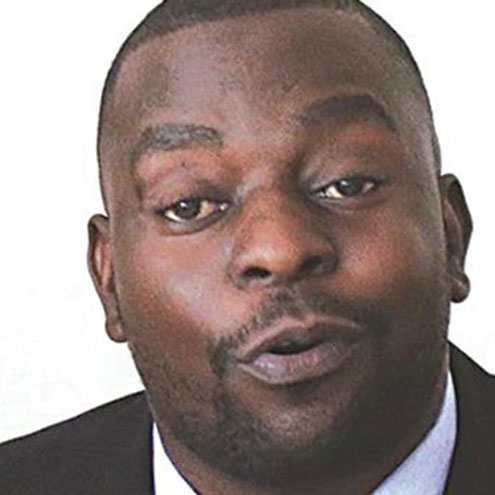
BEFORE the turn of the century, the Agricultural Rural Development Authority (Arda) was one of the key and strategic institutions driving the local economy and ensuring the country had enough food reserves despite challenges posed by changing weather patterns.
It controlled huge productive farms across the country, growing a diversified range of crops including maize, which reduced government’s foodstuff import bill, and made the country the food basket of the region.
Output from Arda farms was shipped to Grain Marketing Board silos and, although food can never be enough, Zimbabwe was able to feed itself and export the surplus.
Such levels of production also unlocked employment opportunities at Arda estates. This is now history.
We have been hit by massive and endless food deficits.
Today, the workers, who used to work at Arda estates, are poorer.
The authority has crumbled following years of mismanagement and plunder.
Zimbabwe has paid dearly for the collapse of this important national asset.
- Chamisa under fire over US$120K donation
- Mavhunga puts DeMbare into Chibuku quarterfinals
- Pension funds bet on Cabora Bassa oilfields
- Councils defy govt fire tender directive
Keep Reading
Millions of United States dollars are being wasted yearly on food imports.
The sad part is that some of the food the country is importing can easily be produced locally at little cost to the economy.
That is why we were relieved when government appointed Tatenda Mhiko new Arda chief executive officer (CEO) recently.
It is our hope that Mhiko’s coming on board, especially given that he has worked in the private sector, would help the parastatal come out of the woods and reclaim its rightful position of being the country’s breadwinner.
He must demonstrate his capabilities by turning around this once vibrant institution into the giant that it used to be.
He must transform the parastatal into an entity that maximises land use, produces food for the national strategic grain reserve and contribute towards the attainment of Vision 2030 of becoming a middle-income economy.
He must use modern agricultural technology to increase food production and return the country to its yesteryear status as the Southern African Development Community’s breadbasket.
This vision can never be attained if the country cannot ramp up production and be able to feed its people, which is the most basic human requirement.
But to achieve this, the new CEO requires everyone’s support, especially bureaucrats in the Agriculture ministry.











